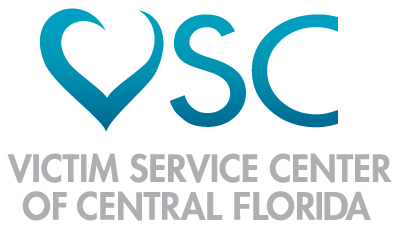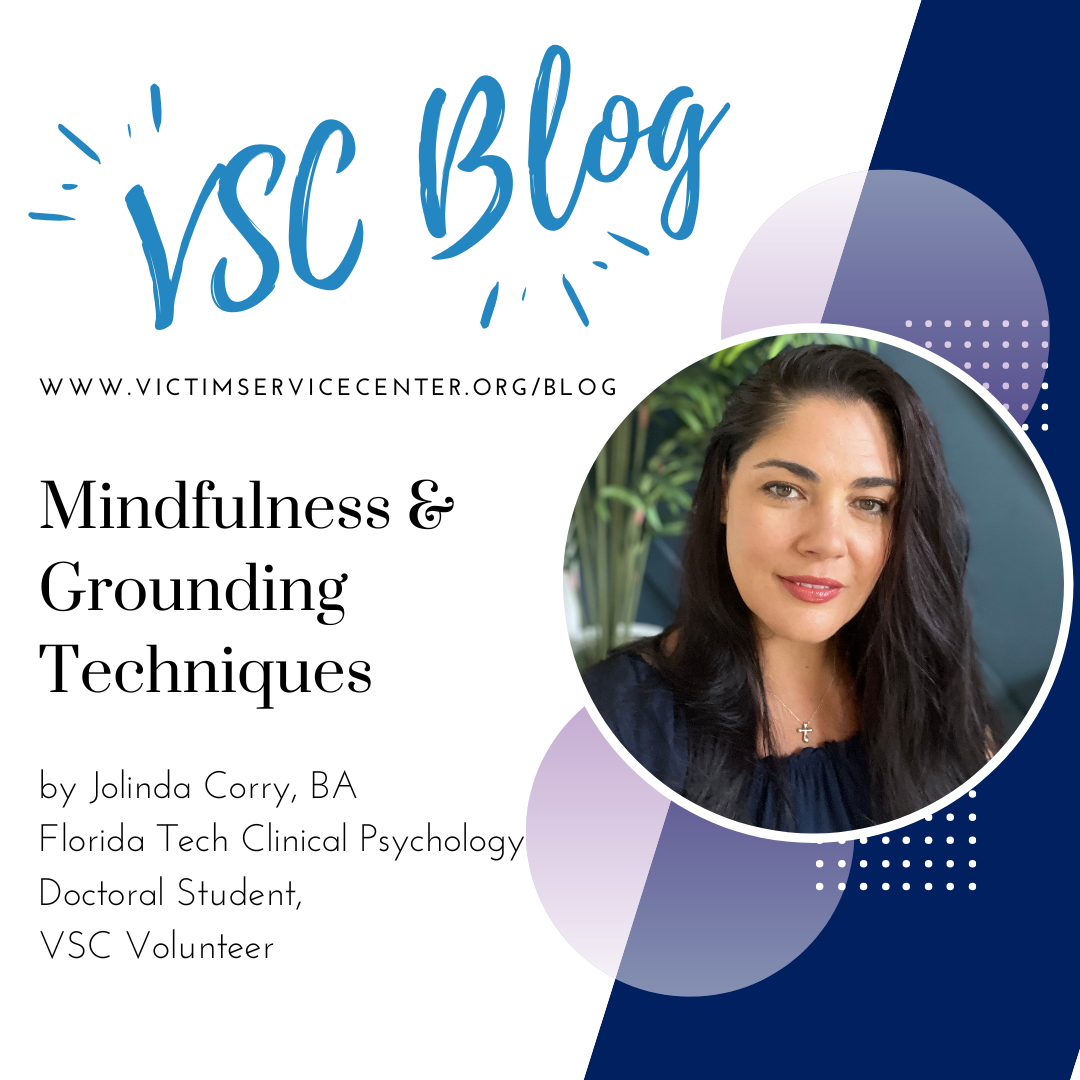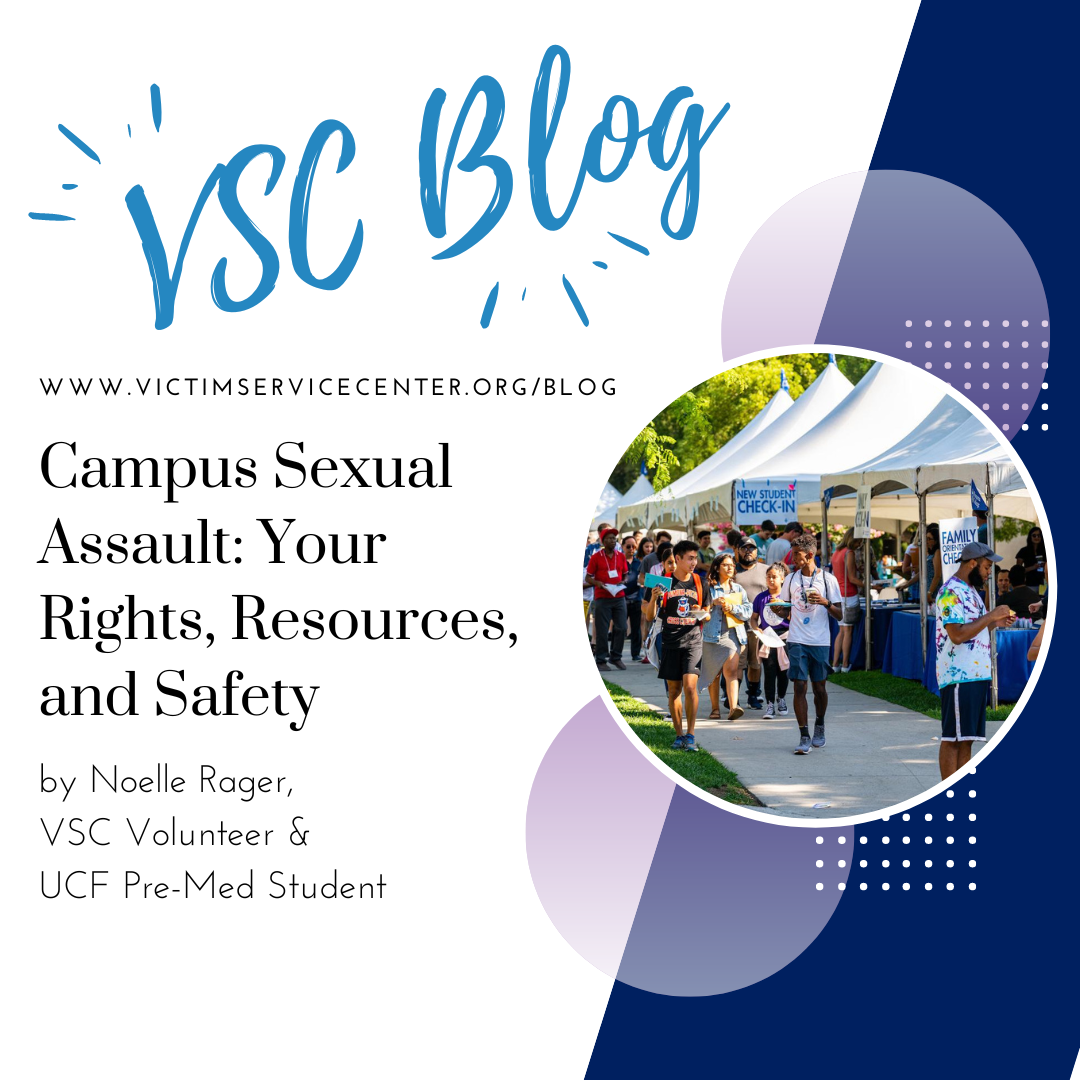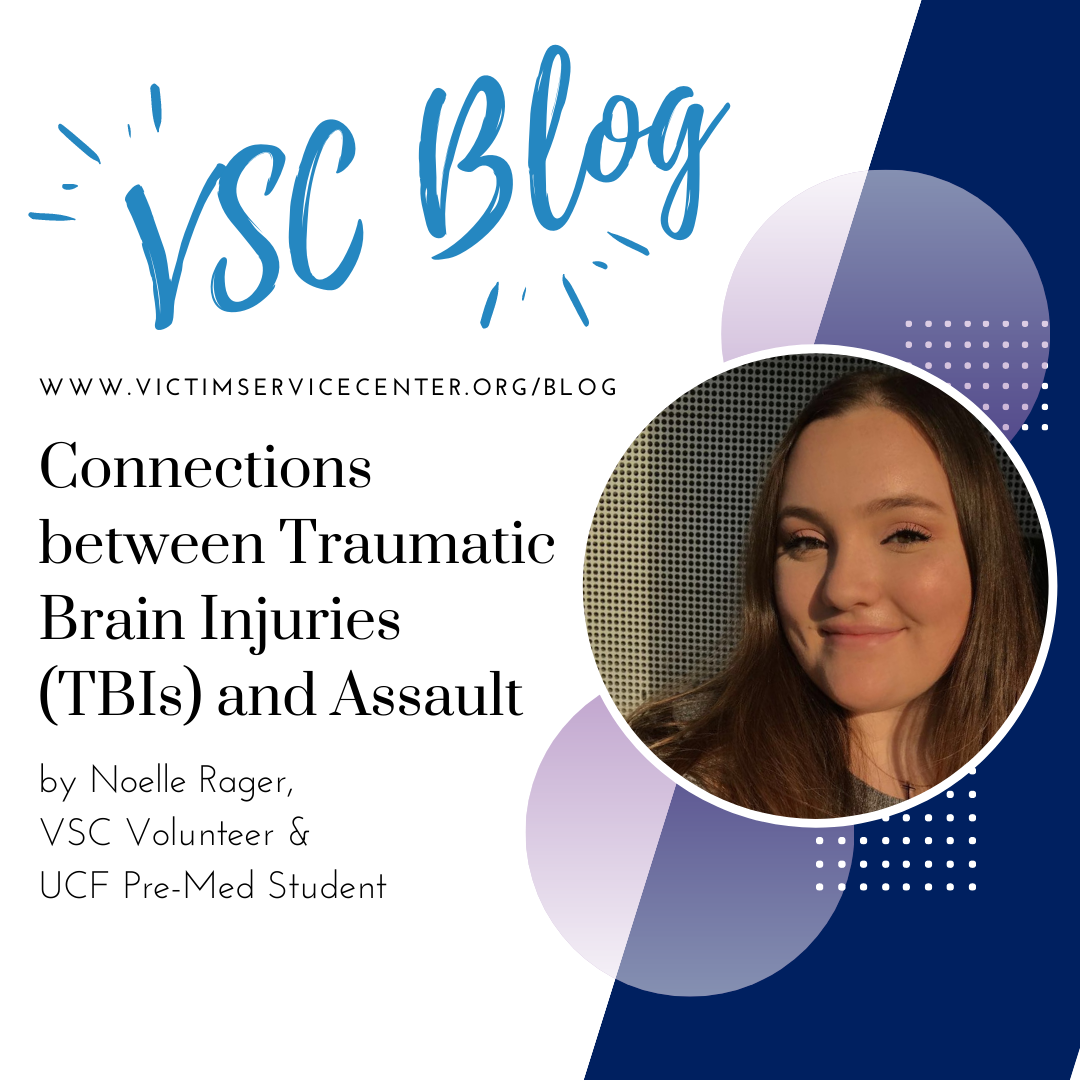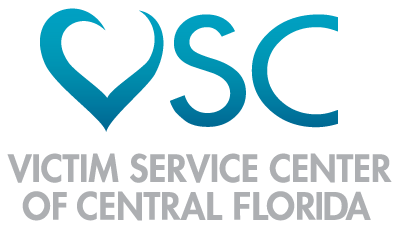
by Molly Kennedy, Microbiology and Cell Science UF grad, VSC Volunteer
As a pre-medical student, I have been exposed to many practices and situations in the medical field. I have also learned a great deal about patient rights and HIPAA laws. After talking to friends and family members about these topics, I learned that a majority of people are unsure or do not know what their rights are in a medical setting. Talking to a health professional can sometimes be intimidating, but knowing your rights can help facilitate conversation and give you the confidence to make sure you are getting the best care possible.
A word you will see in documents and hear a lot in health care is HIPAA, but do patients really know what that is? HIPAA, or the Health Insurance Accountability Act of 1996, is a set of rules and regulations that protect patient’s medical privacy. These rules include things like being able to receive a copy of your medical records and that medical information shared with/obtained by a medical professional that can be connected with you or your treatment (this is called PHI: protected health information) is protected. This confidentiality is so important for patients, especially for survivors of sexual violence. Sometimes after an assault, medical treatment is necessary and having patient confidentiality and privacy laws allows survivors to seek help in confidence when needed. Disclosing an assault to a health professional or anyone can be very difficult, so knowing that anything you say to a heath professional is protected is so important. For more information about HIPAA and a list of your rights under HIPAA, please visit: https://www.hhs.gov/hipaa/for-individuals/guidance-materials-for-consumers/index.html
Throughout my years volunteering and shadowing in the medical field, I have realized the power that I have in my medical decisions. Many people who are not exposed to medicine in an academic way may not know the power they have. This power is called patient autonomy. Patient autonomy is the patient’s right to make their own decisions about their care and treatment. This right keeps health care professionals accountable and allows patients to have a role in their treatment. For example, if a physician walks into your exam room and attempts to touch you without washing their hands, you have every right to ask them to clean their hands before examining you. Patient autonomy allows you to choose whether or not you consent to medical treatment. You can suggest different treatments to your physician, you can get a second opinion from another health care professional, you can refuse to allow medical students in your exam room and you can even consent to some parts of treatment and not consent to others. Patient autonomy is especially important for survivors of sexual violence. Having a role in their treatment allows survivors to have a sense of control over their bodies again. Patient autonomy allows survivors to consent to or not consent to medical treatments including a forensic exam. A forensic exam can be exhausting and invasive, so it is important for survivors to know that they can consent to parts of the exam and not consent to others if they wish. For more information about your patient rights, please visit: https://www.ama-assn.org/delivering-care/ethics/patient-rights
Before going to your appointment it is important for you to set boundaries for yourself so you can properly communicate them to your health professional and to research any questions you have for them about your condition or treatment.
For example:
- If you do not want medical students to observe your treatment or treat you, communicate this with your physician: “Dr. ________ I do not feel comfortable having medical students in my exam room and I would not like to receive treatment from them.”
- If you do not like to have a certain part of your body touched during exams, communicate this with your physician: “Dr. _______ I am having this exam today and do not want to be touched here______.” Or at any time during an exam you can say, “Dr. ____ I do not feel comfortable right now please stop the exam.”
- If you have any questions or concerns bring them up with your physician: “Dr. ______, I was researching online and read about a new successful treatment, would it be possible/more beneficial for me to do this new treatment, instead of______?”
Patient autonomy and HIPAA laws are so important for patients to be knowledgeable about. Do not be afraid to use your power and rights to make informed decisions about your health care.
If you need help:
- Victim Service Center 24 hour helpline: (407)-500- HEAL (4325)
- Suicide Prevention Hotline: 1-800-273-8255
- Trevor Project TrevorLifeline: 1-866-488-7386
- Harbor House – Domestic Violence Shelter: (407)-886-2244
